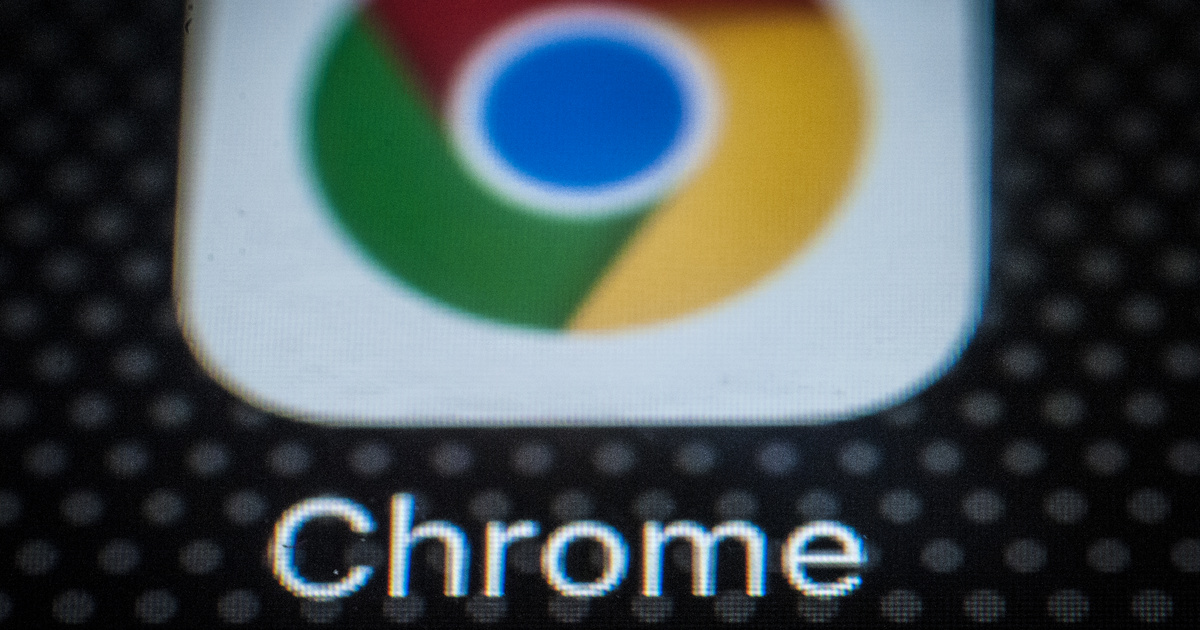A few years ago, the data protection scandals of Google, Facebook and other tech companies became too loud to sweep under the rug, so Silicon Valley was forced to grapple with the issue. As a solution, Google – which makes most of its income by reselling its users' data and search habits – came up with the idea of blocking third-party cookies from its Chrome browser. But what are cookies? The question may arise.
Web cookies, or cookies in English, are packets of information that the server sends to the web browser, and then the browser sends back to the server for each request that is directed to the server. Cookies are created by the web server itself using the browser on the user's computer, where they are stored in a separate directory. Their use can be very diverse – they can help the browsing experience, for example, by saving certain login data, but they also provide the opportunity for users to become traceable.
We're making one of the biggest changes to how the Internet works at a time when people rely more than ever on the free services and content the Web offers. The Privacy Sandbox team's mission will be to keep people's activities private across the free and open Internet, which also supports our broader company mission of ensuring information remains accessible and useful to everyone.
– said Victor Wong, Senior Director of Product Management at Google Privacy Sandbox To Gizmodo. The removal of cookies will therefore be followed by the introduction of a completely new project called Privacy Sandbox, the essence of which is that targeted advertising will still be available, just with a different solution, in a way that in order to protect our identity, the browser will collect data about us anonymously, in categories that list us.
Everyone will be moved in by the end of the year
As usual from Google, they never jump into deep waters – whether it's introducing new things that affect YouTube or Chrome, they always tread carefully first. As Index previously reported, in 2022, for example, in the case of YouTube, they wanted to introduce a function that disables the fuse one by one for randomly selected users, so the alarm was raised and the innovation was called in almost immediately.
In the current case, they behave similarly: on January 4th, only one percent of users had third-party cookies disabled – however, it should be noted that this means approximately thirty million users. Google plans to make the switch for all Chrome users by the end of 2024, but this has not yet been determined;
Based on the feedback, they can improve the plans at any time in the meantime.
As of now, your browser will notify you when your cookies will be deleted – more specifically, just that you won't be able to use them from now on. In addition, according to Google information, the eye icon in the URL bar will indicate that your browsing is no longer cookie-free. It is important to note that so-called first-party cookies, which in some cases are necessary for the proper functioning of the website, remain available, and the new version only covers the deletion of third-party cookies.

Once again, 150 new and exciting topics with amazing answers













































